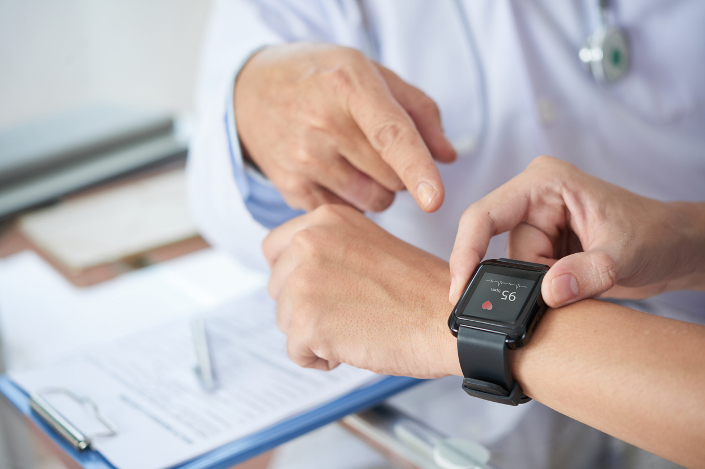The importance of interdisciplinary work in healthcare and how technology makes it possible
During the course of a disease, the patient is regularly seen by different healthcare professionals, which makes it necessary to coordinate between them. This collaboration between providers is receiving special interest because of the increase in patients with chronic diseases, patients with multiple diseases, or those who have comorbidities.
How technology is increasing patient access to healthcare
Over the past years, we have all seen how technology is playing a larger part in the management, research, and monitoring of diseases, resulting in new models of care and research around the world. This technological change has created greater patient accessibility to initiatives in remote monitoring and research projects, as well as patient programs, all driven by COVID-19.
Adherence and events reported by patients: The value for Hospital Pharmacy
For several years now, hospital pharmacy services have had to adapt themselves to the circumstances of COVID-19, boosting telepharmacy which has enabled the pharmacies to collect data reported by patients for a variety of purposes. These Patient-Reported Outcomes (PROs) provides important advantages for the pharmacy services beyond the pandemic.
Optimizing the management of mental health through the use of PROs
Currently, healthcare professionals are becoming more familiar with the collection of real-life patient data in order to supplement hospital information beyond the purely clinical aspect. These data are known as PROs (patient-reported outcomes). What defines PROs is that the patients themselves are the ones who collect these health data.
What are digital biomarkers and what benefits do they provide in the study and management of diseases?
Technological advances in medical care are revolutionizing the way in which different pathologies are prevented, diagnosed, monitored, treated, and managed, giving way to a new landscape of possibilities that is already offering promising results. Included in this type of advance is the use of digital biomarkers in the management of diseases.
Use of health outcomes as indicators of quality of care
In the last few years, it’s been more and more important to put the patient at the center of the healthcare system, as we’ve already seen in articles like “What is 5P Medicine and how can Big Data help make it a reality?”. This new focus goes beyond improving the patient’s health, as it seeks to positively impact his or her quality of life and experience during the healthcare process.





